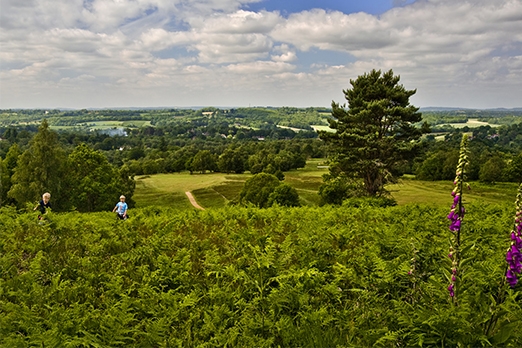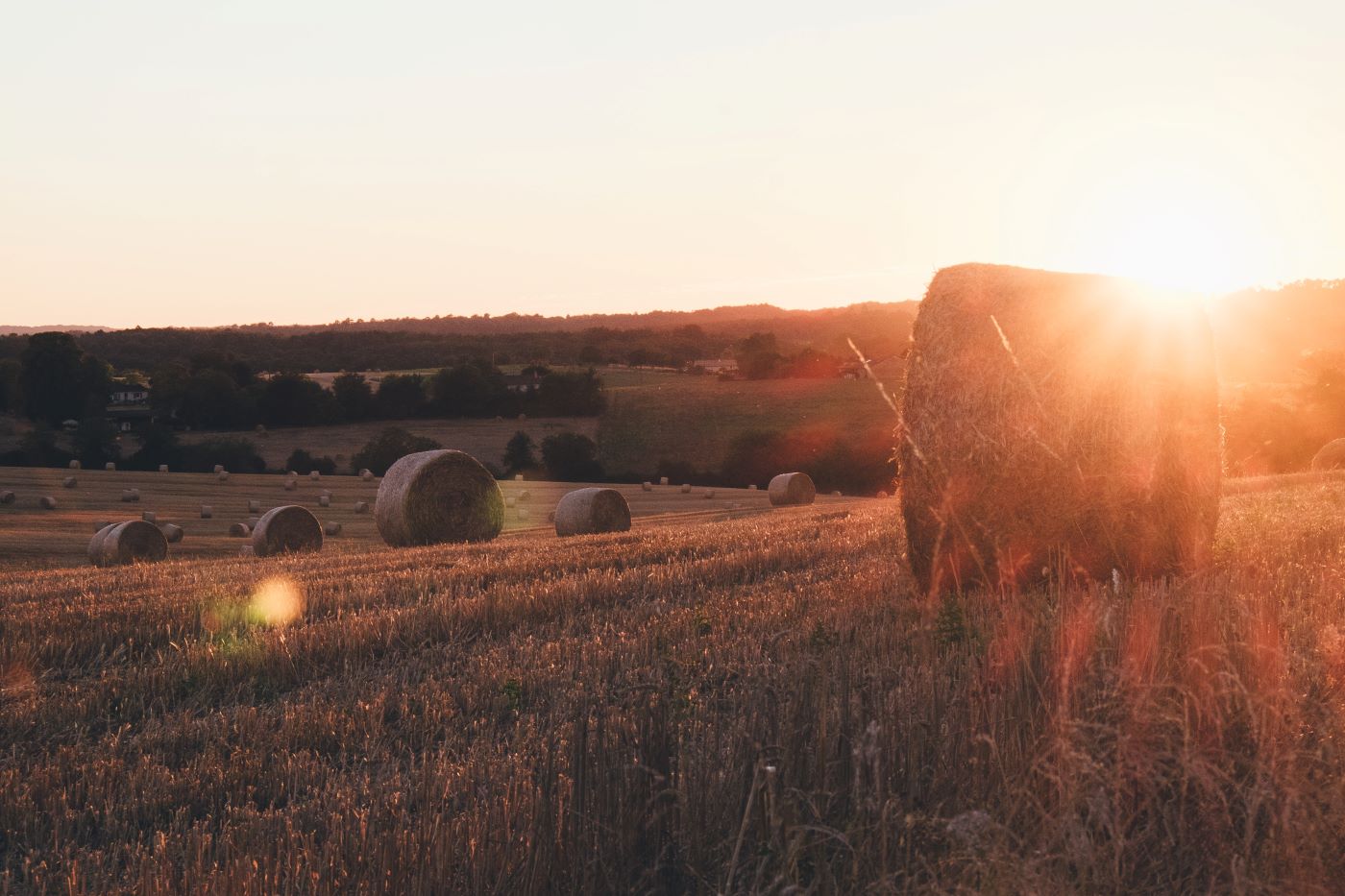The Campaign to Protect Rural England (CPRE) welcomes the responses, published today (23 July) by the Department for Food, Environment and Rural Affairs (Defra), to a range of consultations put forward as part of the Environment Bill.
However, the countryside charity urges the government to go further with its commitment, detail and targets that would see the necessary protection and enhancement of our countryside and environment.
Tom Fyans, deputy chief executive at the Campaign to Protect Rural England (CPRE), said:
‘There is much to get excited about in this update to the draft Environment Bill, but it’s still lacking in detail and formal policy that will actually bring about improvements needed for our countryside and environment.
‘Michael Gove, having reviewed the evidence, pledged his support for an "all-in" deposit return system for all drinks cans, bottles, cartons and pouches and now the plan to legislate for a system has been confirmed. All we need now to see this transformational solution to litter in the countryside over the line is the government to follow the ambition that Mr Gove and the Scottish Government have set.
‘We also continue to urge the government to ensure the other measures that will undoubtedly transform the way we deal with waste and resources, including extended producer responsibility, are designed to incentivise a reduction in packaging and the creation of a circular economy.
‘It is imperative, for the health of our countryside and environment, that all development contributes to the enhancement of biodiversity and nature. While we welcome progress made on net gain, much more detail is still needed on how it will work in practice to ensure that it won’t just be a tokenistic box ticking exercise for developers.
‘If done correctly, the creation of Local Nature Recovery Strategies could in the first instance highlight areas of high value and help avoid much of the environmental harm caused by development, as well as target areas for the creation and restoration of habitats.’




